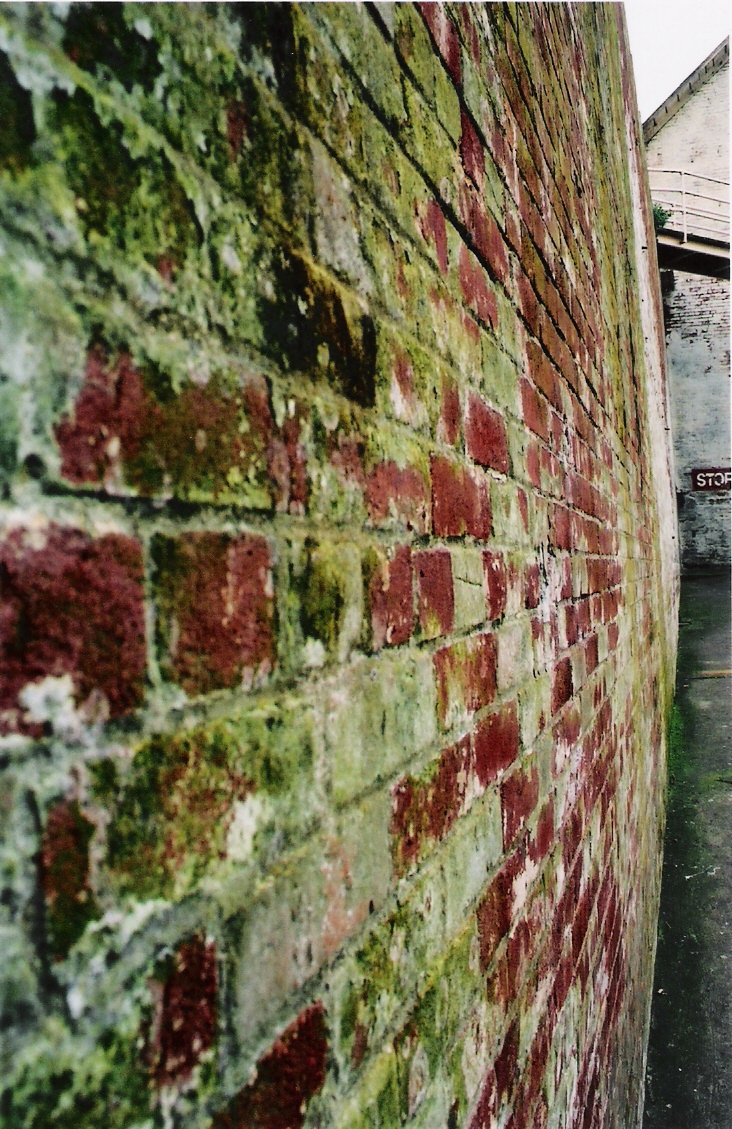I am a leper. A leper healed and cleansed by God’s generous mercy.
After baptisms at our church, we sing, “Jesus Paid It All.” Yesterday, after witnessing the baptisms of good friends, the following lyrics convicted me: “Lord, now indeed I find, Thy pow’r, and Thine alone, can change the leper’s spots and melt the heart of stone.”
I thought of the one leper out of ten who returned to thank Jesus. “When he saw that he was healed, turned back, praising God with a loud voice.” (1) I want to be counted among that ten percent who actually thank God and give Him glory. Writing this blog is my “loud voice.”
Reading about lepers in the Scriptures is not what I would call inspirational. And yet, why does the Bible spend two entire chapters on scabs, rashes, infections, skin eruptions, mildew and mold (all forms of biblical leprosy)? (2) Though we might have to dig a little deeper, even these verses can enlighten us. Here are some interesting things I’ve learned about leprosy in my studies.
1) Biblical leprosy is not the same as Hansen’s disease (commonly called leprosy). (3) Rabbinic interpretation of the Scriptures regards leprosy as a Divine punishment. (4) If indeed biblical leprosy is a judgment and punishment from God, it is super important to know how to avoid it. Even if biblical leprosy does not occur today, its laws and principles are still the eternal Word of God and have much to teach us. The laws of leprosy can teach us about the mortality and corruption of our flesh. I know that throughout my life, I have let my fleshly desires corrupt not only myself but others around me.
2) Biblical leprosy began with a small spot on the skin but then quickly spread. It reminds me of how my fleshy desires can start with a simple thought that is dwelt upon and then acted upon, causing a world of grief and heartache for me and others around me.
3) A person with biblical leprosy took on the ritual status of a corpse. A leper was to tear his garments, cover his face, uncover his hair and let it be unkept, like a man mourning his own death. I don’t think I’ve ever thought about the severity of my sin in this manner. Sin causes death. When I sin, I am like a walking corpse, unable to bring life and healing into this world.
4) Evil speech is one of the major sins that leprosy was considered to be a Divine punishment for. (5) Both Jesus and Paul made similar associations. (6) James said the tongue is like a raging fire that begins with a small spark, setting the entire course of one’s life. (7) Like being near a leper, the sin of evil speech can corrupt anyone near.
5) The laws that kept the leper away from people were not because of the spread of the disease. In fact, the Bible does not indicate biblical leprosy was communicable. The laws to keep a leper away from people were because one would contract ritual uncleanness even being in the same room with a leper. (8) In a “leprous state,” I too can keep people from drawing closer to God.
6) A skin affliction that appeared to be below the surface of the skin was a sure sign of biblical leprosy. (9) Human beings, myself included, are very good at disguising what is right below the surface. It is hypocritical to claim to be one thing (righteous) while really being something else.
7) “A priest was very reluctant to declare a person leprous because of the dire social and ritual consequences.” (10) This is as it should be. We should be very reluctant to judge another person, even if it “is for their own good.” Instead, we should be willing to take the log out of our own eyes, knowing there are dire consequences to our own lives.
8) A leper was to warn people away by shouting, “Unclean, unclean.” What would this look like today? Could I love people so much that I would look honestly at my sin and warn people away from me? Would I even submit to God’s judgment of me? Would I, therefore, repent and be healed?
9) The Scriptures do not offer a cure for leprosy. The leper just had to wait and hope it would clear up. But, a leper who would ask God for mercy, that was a different story. Healing lepers was one of the signs of the Messiah and the gospel message,”the kingdom of heaven is at hand.” (11) Jesus was willing and able to heal many lepers. Jesus is still able to cleanse us from spiritual disease.
Luke tells the story of ten lepers who were healed by Jesus. One Samaritan leper returned. (12) I, too, a Gentile, am returning to praise Him, to give Him thanks, to fall at His feet in worship. He has set me free from some things that have happened to me and others things that I take full responsibility for.
He has healed me from the wounds of: sexual abuse, slander, betrayal and rejection. He has given me freedom from: bitterness, hate, worry, anxiety, insecurity, self-hatred, pride, living in comparison with others and depression. He has offered me comfort and peace: when I lost a precious baby, when other’s failures affected my life and when circumstances dealt blows that I had no control over.
This is my testimony.
“Lord, now indeed I find, Thy pow’r, and Thine alone,
Can change the leper’s spots and melt the heart of stone.
Jesus paid it all. All to Him I owe.
Sin had left a crimson stain. He washed it white as snow.
Oh praise the One Who paid my debt and raised this life up from the dead.”
1. See Luke 17:11-19.
2. Leviticus 13-14
3. The Hebrew word is “tzara’at.”
4. Scriptural support can be found in Numbers 12:10, 2 Chronicles 26:20 and 2 Kings 5:27.
5. This is based on the story of Miriam who was afflicted with leprosy due to her evil speech against Moses. See Numbers 12.
6. See Matthew 15:18, and 2 Timothy 2:16-17.
7. James 3:5-6
8. What’s the big deal about ritual cleanness? (Which is not the same thing as being sinful.) As the Book of Hebrews teaches us, the physical Temple here on earth and its laws dealt with the physical body of human beings. (See Hebrews 9:9-10.) The Temple was like the Garden of Eden had once been, a physical place to meet God. One needed to be ritually pure to be able to worship in the Temple and be in God’s dwelling presence. Our physical bodies are unable to survive in the presence of God without the protective covering of ritual cleanness.
9. See Leviticus 13:20.
10. D.T. Lancaster, Torah Club Volume 1: Unrolling the Scroll (Mansfield, MO: First Fruits of Zion, 2007), 434.
11. See Matthew 10:8 and 11:5.
12. Luke 17:11-19
photo(s) courtesy of FreeImages.com (http://www.freeimages.com/photo/350456)


Recent Comments